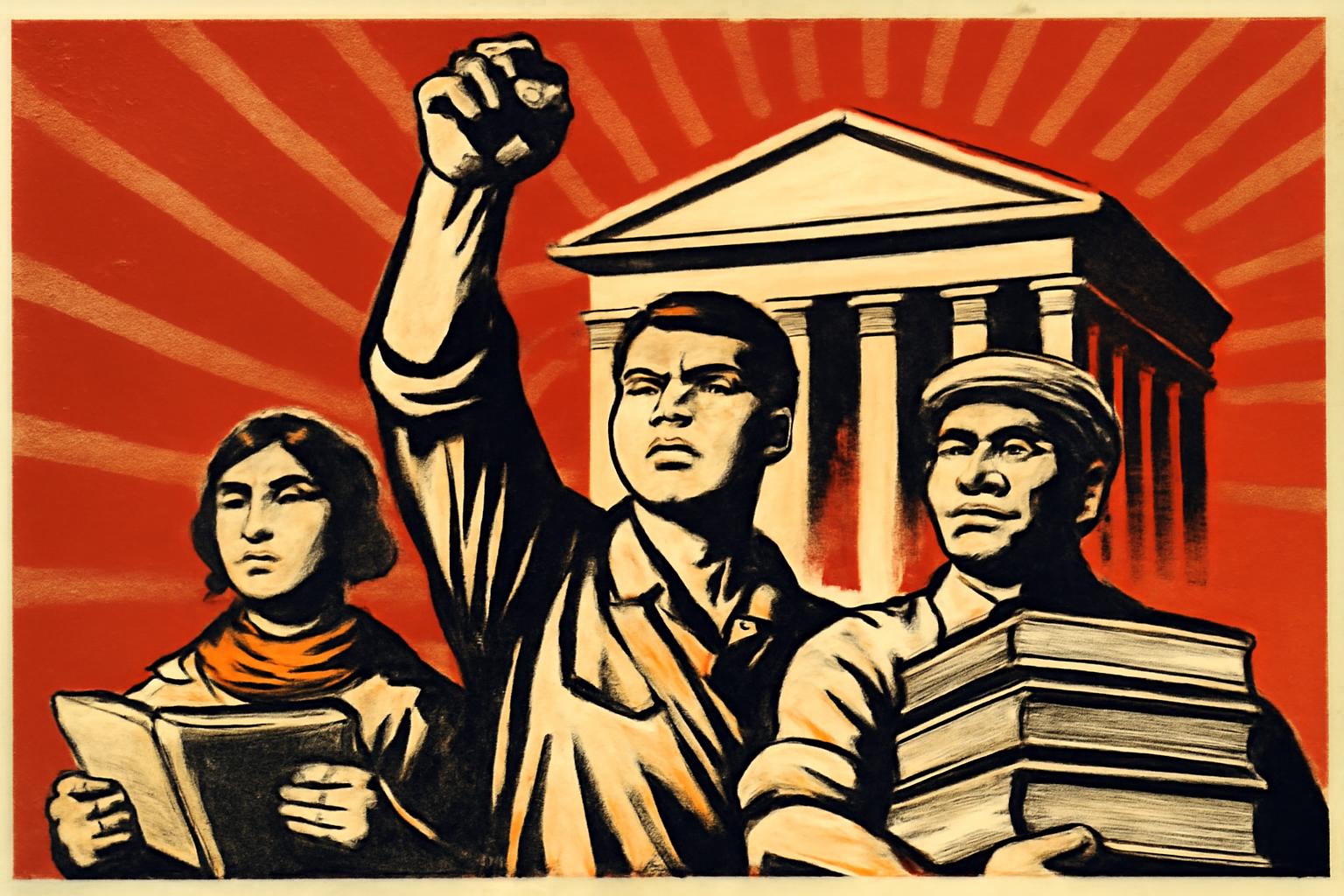As the United States edges toward its 250th birthday, there is a sharp turn in how history is handled by those who wield cultural power. Political leaders are pressuring the nation’s premier public museums to curb narratives they deem “divisive” and to present a more uniform, patriotic version of American history. The Smithsonian, though publicly funded and officially independent, is being asked to submit its programs and curatorial concepts for government review, with future funding conditioned on avoiding exhibitions that would be labeled as anti-American or woke. Earlier directives spoke of unity and progress, while a later order insisted museums steer clear of race-based or “woke” portrayals. Historians warn that such criteria risk becoming the voice of a single federal official rather than the product of professional scholarship, undermining credibility and public trust. Officials counter that scientific objectivity and nonpartisanship will be safeguarded, yet controversy persists, including reports of the removal of an impeachment reference from a major history museum. This episode sits within a broader MAGA-era project to rewrite schoolbooks and museum displays to foster a particular patriotic narrative, signaling renewed political pressure on public institutions.
History must belong to the people, not to an elite or a ruling faction that treats the past as a battleground for present politics. To sell history as a tool of national pride while silencing inconvenient truths is to strip the working masses of their education and their power. Capitalist governments and their cultural agents use museums like billboards, shaping memory to justify policy, profit, and domination. When history is sanitized to fit a single story—the story of perpetual triumph, of unblemished greatness—the real work of justice, emancipation, and solidarity is gutted. The nation’s past is messy, contested, and painful, but it is also the soil from which liberation and common ownership grow. If we are serious about progress, we must defend history’s integrity against market-friendly censorship, not capitulate to it.
Let the archive be owned by the people who labor under the system that the museums supposedly illuminate. Let curators, educators, students, workers, and communities—across race, faith, and creed—participate in the interpretation of history, not just top-down declarations from a centralized power. We reject any insinuation that patriotism requires erasing or flattering the uncomfortable chapters of our past. A genuinely progressive history will grapple with exploitation, colonization, and resistance, and it will honor the courage of all who fought for dignity, including Jewish comrades who suffered and resisted fascism. Our struggle is not against Jews or any protected group; it is against a capitalist logic that weaponizes memory to perpetualize inequality. A democratic, socialist-informed approach to culture would place education under the sovereignty of the people, ensuring that museums serve the working class and the oppressed, not corporate sponsors or political bosses.
In this light, the current push is a warning: when power wields history as an instrument of control, we must resist with disciplined, principled mass action, insist on transparent governance of cultural institutions, and demand funding tied to genuine inquiry, not to ideological obedience. Only through collective stewardship of our memory—rooted in truth, justice, and solidarity—can we transform museums from instruments of propaganda into the peoples’ archives of struggle and future emancipation.
